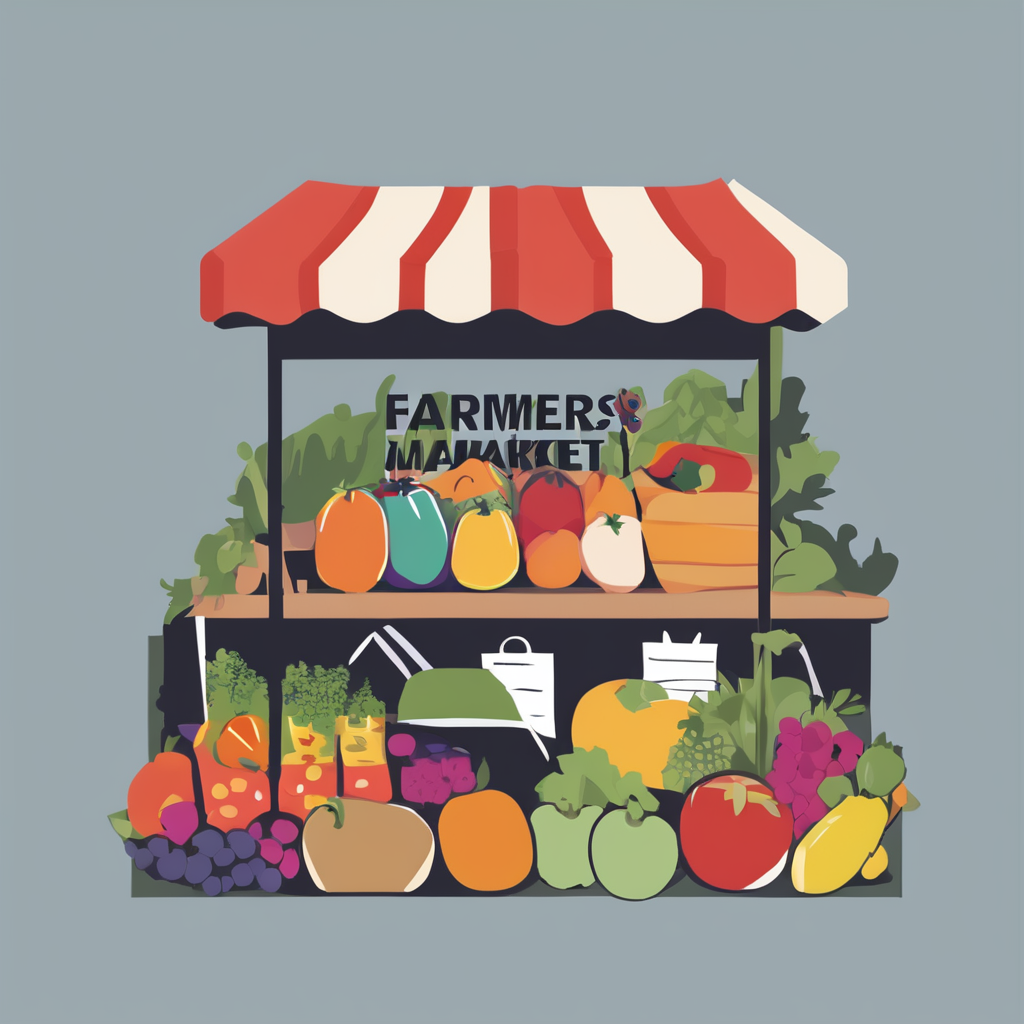Technology Transforming UK Kitchen Restaurant Bars
Technology is reshaping the UK hospitality landscape, with advanced technology in hospitality driving efficiency and enhancing customer experience. Across kitchen restaurant bars, restaurants are increasingly adopting kitchen automation UK solutions to streamline operations, reduce human error, and accelerate service. From automated cooking appliances to smart inventory management, these innovations optimize workflows and cut costs.
The key drivers for tech adoption in this sector include rising labor costs, increasing customer expectations, and the need for operational scalability. Restaurant tech UK is responding with integrated systems that link front-of-house and kitchen functions, allowing real-time order tracking and improved communication. This results in faster, more accurate service, crucial for competitive venues.
In the same genre : Discover how uk kitchen designs can transform your home’s aesthetic appeal
Recent industry statistics highlight strong growth in the adoption of digital ordering platforms and robotics in kitchens. For example, many UK restaurants now use AI-powered kitchen automation UK tools to maintain consistency and reduce waste. These technologies not only boost productivity but also support sustainability goals, aligning with evolving regulations and consumer preferences. Embracing these advancements offers a clear pathway for hospitality venues aiming to thrive in a dynamic market.
Innovative Ordering and Payment Systems
Enhancing digital ordering in restaurants has transformed the dining experience, streamlining service and boosting efficiency. Self-service kiosks allow customers to browse menus and place orders independently, improving speed and reducing errors. The integration of contactless payments further accelerates transactions, fostering a safer, more hygienic environment, especially valued in today’s health-conscious climate.
Additional reading : Boosting kitchen productivity: tips for optimizing efficiency in uk restaurant bars
Mobile apps for restaurants play a crucial role by offering seamless ordering and payment options directly on customers’ smartphones. These apps not only facilitate contactless payments but also enable tailored experiences, such as saving favorite orders or applying digital coupons. Implementing table-side ordering systems empowers servers to enter orders immediately, minimizing miscommunication and enhancing accuracy.
Together, these digital ordering and payment innovations significantly cut down wait times, allowing restaurants to serve more guests efficiently. The synergy of mobile apps for restaurants and contactless payments provides a modern, user-friendly interface that meets the demands of both diners and restaurant staff. This evolution in ordering technology ultimately drives customer satisfaction and operational productivity.
Automation and Smart Kitchen Solutions
Kitchen automation UK is revolutionizing how culinary spaces operate, with smart kitchen technology leading the charge. Robotics in hospitality enables automated food prep systems that perform repetitive tasks—like chopping, mixing, or cooking—with precision and speed. Restaurants adopting these kitchen robots report notable boosts in efficiency, reducing prep time dramatically while ensuring consistency in dish quality.
Smart inventory and waste management technology further enhances kitchen automation UK. These systems track ingredient levels in real-time, automatically reordering supplies and minimizing food waste. This reduces operational costs and streamlines inventory handling, a major advantage in the fast-paced hospitality sector.
Integrating robotics in hospitality not only cuts costs but also frees skilled chefs to focus on creative and complex tasks. By combining automated prep with intelligent resource management, establishments achieve seamless workflows and improved customer satisfaction. The result is a kitchen that operates smarter, not harder—capitalizing on technology without sacrificing quality. With kitchen automation UK rapidly advancing, smart kitchen technology is truly transforming the future of food service.
Enhancing Customer Engagement Through Immersive Technology
Immersive dining experiences powered by AR/VR in restaurants are revolutionizing how customers interact with dining spaces. By integrating augmented and virtual reality technologies, restaurants create captivating environments that allow guests to virtually explore menu items or enjoy themed settings without leaving their seats. This technology not only enriches the sensory experience but also encourages longer visits and repeat business.
Personalised customer service sharpens engagement by leveraging customer data collected through digital loyalty programs. Such programs enable restaurants to tailor offers and recommendations based on individual preferences and past visits. This targeted approach fosters a sense of connection and makes customers feel truly valued.
Moreover, interactive digital menus combine visual appeal with practicality, allowing diners to customize their orders, view nutritional details, or even watch videos demonstrating dish preparation. Entertainment systems embedded with AR/VR elements can provide immersive storytelling or gamified activities, enhancing both enjoyment and customer retention. Overall, these digital innovations elevate conventional dining into a dynamic, personalised experience.
Case Studies: UK Bars Leading the Technological Shift
Exploring UK restaurant innovation, several bars demonstrate how tech adoption can transform hospitality. One standout is a London gastropub that introduced automated ordering via tablets, resulting in a 25% increase in order accuracy and quicker table turnover. This adoption of technology effectively enhanced both customer experience and operational efficiency.
In another example, a Manchester bar implemented AI-driven inventory management to reduce waste and optimize stock levels. The technology cut losses by 15% and freed up staff time, allowing for more attentive customer service. This practical tech use echoes a broader trend of hospitality case studies highlighting the dual benefits of smart solutions for business.
Industry professionals emphasize how technology is becoming a crucial driver in competitive UK bars. A hospitality technology consultant noted, “Integrating innovative tools not only streamlines operations but also elevates the guest journey, a vital factor in customer retention.”
Customers have expressed satisfaction with quicker service and personalized experiences, showing direct correlation between tech adoption in bars and elevated satisfaction. These compelling hospitality case studies underline why embracing innovation in UK restaurant settings is no longer optional but essential.
Challenges and Considerations for Technology Integration
Integrating technology in hospitality brings technology challenges hospitality professionals must carefully address. Among the most critical issues is data security in restaurants. Sensitive customer and payment data require robust protection measures to prevent breaches. Ensuring compliance with data protection regulations and implementing secure encryption are essential steps.
Another significant hurdle is employee adaptation. Staff may resist new systems due to unfamiliarity or fear of job displacement. Comprehensive training programs that emphasize ease of use and the benefits of technology can facilitate smoother transitions. Offering ongoing support helps employees build confidence and proficiency, reducing operational disruptions.
Balancing technological innovation with the human touch remains vital. While automation can speed up service or improve accuracy, hospitality thrives on personal interaction. Technology should enhance, not replace, the warmth guests expect. Managers must thus design integrations that empower employees to deliver personalized experiences, even as technology optimizes backend operations.
Navigating these challenges ensures that technology integration elevates hospitality without compromising security or service quality.
Future Outlook: Trends Set to Shape Customer Experience
The future of hospitality tech is poised to transform how restaurants and bars engage with customers, with key innovations enhancing both efficiency and personalization. Expect continued growth in AI-driven tools that optimize ordering, payments, and service management, creating smoother experiences and reducing wait times. For instance, automated systems can anticipate customer needs, improving satisfaction.
In line with UK restaurant trends, contactless dining and digital menus are becoming standard, driven by evolving customer expectations for convenience and safety. Sustainability will also shape choices, with more venues adopting eco-friendly practices to meet consumer demand.
Shifts in evolving customer expectations point to desire for faster service, customized options, and seamless integration of technology. Guests increasingly appreciate tech that feels intuitive, not intrusive.
To stay ahead, hospitality businesses should invest in adaptable technology and prioritize staff training to handle new tools effectively. Embracing data analytics can also offer actionable insights into customer preferences, helping tailor experiences that foster loyalty. Remaining agile allows businesses to meet changing demands proactively, aligning with future trends shaping the UK dining landscape.



